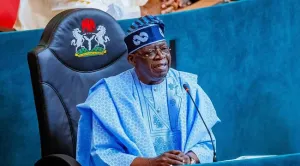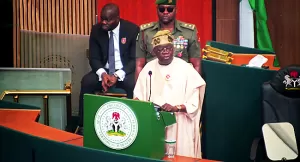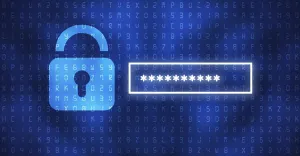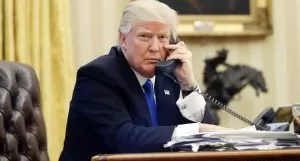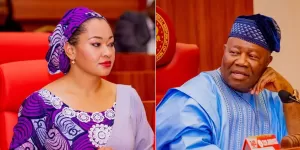Mass Trial of #EndBadGovernance Protesters.

The latest on the Mass Trial of #EndBadGovernance Protesters, as of September 2, 2024, indicates that the Nigerian government has begun arraigning protesters involved in the #EndBadGovernance movement, which took place from August 1 to 10, 2024. Here are the key points based on the information available:
- Charges and Trials: Protesters are being charged with serious offenses including treason, inciting mutiny, and intent to destabilize Nigeria. These trials are occurring in multiple cities including Abuja, Kano, Kaduna, and Borno.
- International Reaction: Amnesty International has strongly criticized these trials, labeling them as a “sham” and a mockery of justice and the rule of law. They’ve called for the immediate release of the protesters, highlighting the inclusion of minors among the detained and the denial of basic rights like access to legal assistance and family.
- Public and Media Sentiment: There’s considerable discussion and concern across platforms like X, with users and media outlets reporting on the trials and expressing views on the government’s handling of the situation. Some posts suggest that the government’s actions are seen as an attempt to suppress dissent rather than address the grievances that led to the protests.
- Government’s Stance: While specific statements directly from the Nigerian government on these trials weren’t detailed in the provided excerpts, the actions suggest an intent to prosecute those involved in the protests under severe charges, potentially to deter future demonstrations.
- Protest Context: The protests were initially against bad governance, economic hardship, and the abrupt removal of a fuel subsidy, which led to increased costs of living. The government’s response included attempts to mitigate public anger through measures like selling rice at reduced prices, but this did not quell the unrest.
This situation reflects broader themes of governance, civil rights, and economic policy in Nigeria, with the trials symbolizing a significant point of contention between the government’s approach to public dissent and the rights of citizens to protest.

